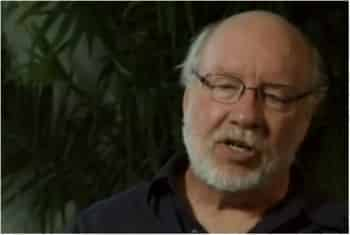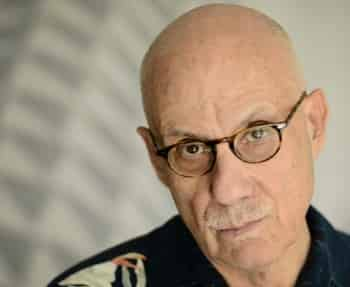
Inspiration
Maintaining Credibility
The Web gives us an incredible amount of information that can help us create more realistic worlds, but this option has limits. Originally, “Baptism of Fire” was supposed to take place in Vienna, but that created difficulties for the choreographing of the car chase. So we moved the action to Bordeaux, a city that we’ve visited and are familiar with.
Steve Englehart
Some comic-book writers are iconic, but there are also other more low-profile writers who were also influential. Steve Englehart, who worked at Marvel during the 70s, is one of the latter. While everyone raves about the work of Alan Moore, I think we shouldn’t overlook writers like Englehart who incorporated very contemporary issues into his stories. Take for example the Watergate subtext in the “Secret Empire” saga (for instance, in issue 175 of “Captain America”) and corruption in the business world, which is shown through Roxxon Oil (“Avengers” issues 141 to 149). Englehart also had a gift for creating coherent worlds that were well adapted to the titles he worked on. He served the storylines without twisting them around to fit his own style. Because of that, some claim he lacked personality, but we feel this demonstrated great skill and respect for the reader.
Alan Moore
Citing the influence of Alan Moore is a cliché in the world of comic books because he had such an impact on comic-book narration. We will confess to not having read his classic “Watchmen” or “V for Vendetta” series. But the first nine issues of his “Miracleman” had a profound impact on our story construction. We could talk about this at length, but this review taken from the French comics website www.sceneario.com says it all: “Moore writes with a great deal of finesse, playing with monologues, thoughts, voice-offs, etc. He brings the reader into a very realistic, very dark and disappointed world… What has happened to our childhood heroes? [translation]”
Specifics about time and place
Our scenes often begin by specifying the location and the date and time. Several months after the first scripts had been written, we reread James Ellroy’s Underworld USA Trilogy, and noticed that he starts each chapter by specifying the city and the day where the action takes place. Surely, this was a subconscious influence on our approach.
Still on the topic of James Ellroy, we love the way he integrates his small plots into the grand scheme of History (with a capital H) and we take something of that away for our own scripts. So even if the action in our story is taking place in a contemporary setting, our heroes won’t affect the course of history. In fact, they are much more likely to be affected by it.
Where does the name “Black Orchestra” come from?
The name of the organization that Cordo and his colleague start up, the Black Orchestra, was inspired by the name of a spy network set up by Stalin during World War II in Belgium, the Netherlands, Germany and Switzerland, in anticipation of a German invasion of Russia. Stalin’s network was called the Red Orchestra (source: David Owen, Hidden Secrets, Firefly Books, 2002, p. 45).
In the script’s earliest versions, the group started by Cordo was called “the Organization.” The simplicity of the name was meant to evoke the project’s low profile. However, when we came across a reference to the Red Orchestra, it was too tempting to give Cordo’s group a more colourful name. And speaking of colour, we chose black for two reasons: it’s used to designate secret operations or black ops, and black is very rarely associated with the good guys.




